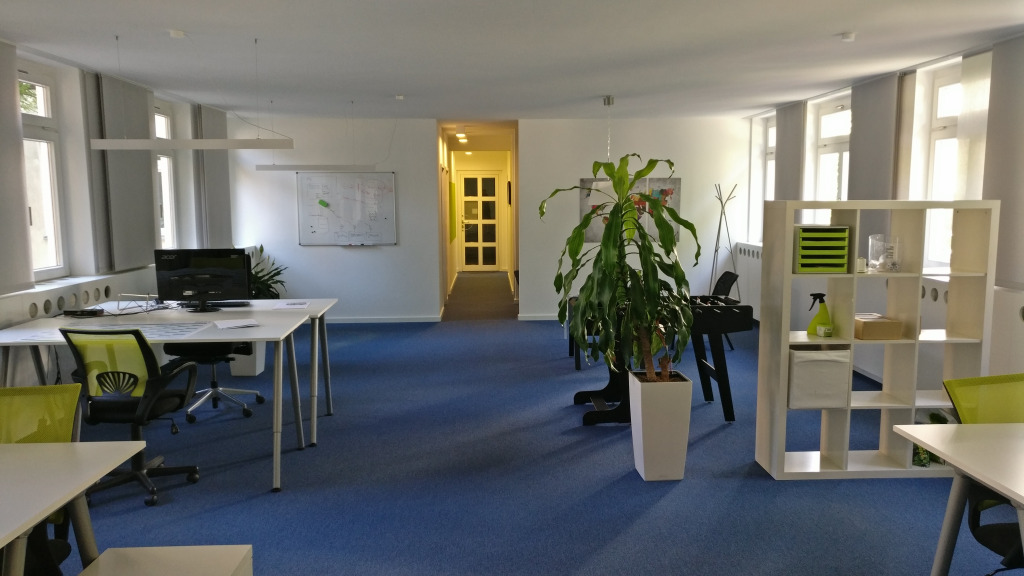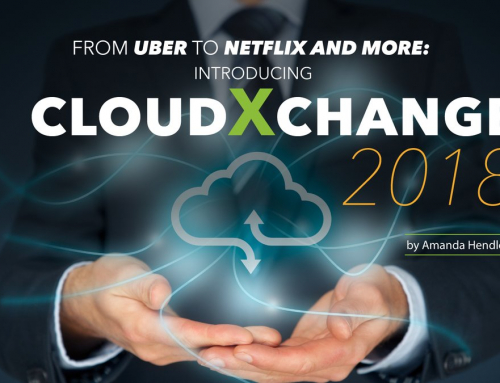
Dear Performance Engineers,
For the first time in a long while, we’re happy to invite you to a real-world Software Performance Meetup again on July 12th. Also for the first time, we will hold the meetup in our own offices.
Remember to RSVP on the Meetup page (also contains info about the location):
https://www.meetup.com/de-DE/software-performance-meetup-group/events/286282013/
Please note that we mandate wearing a face mask in the offices, due to the circumstances. The get-together after the talks will take place in the courtyard without masks.
Talks will center around measuring energy consumption and emissions caused by software and its underlying hardware. Dennis Breitling (Codecentric) will present tools offered by the three major cloud providers, which allow you to monitor the emissions caused by your cloud infrastructure. Afterwards, Denis Angeletta (RETIT) will talk about measuring an individual software’s resource demands using an OpenTelemetry extension. Finally, Maximilian Meißner from the University of Wuerzburg will introduce their research towards attaching energy labels to software.
Agenda
- Introduction
- Presentation:
Measuring Emissions of Cloud Infrastructure in AWS, GCP and Azure,
Dennis Breitling (Codecentric) [slides]
People everywhere are raving about the cloud: unlimited scaling and countless features are already available “out of the box”. All this is available at unbeatable prices. The issue of sustainability is rarely mentioned. Today, however, data centers already consume as much energy as small towns, and the demand for energy continues to rise. This raises the question about the emissions caused by our cloud architectures. In this talk we will learn how to measure the emissions caused by our usage of the major cloud providers AWS, GCP and Azure.
What can you do to reduce CO² emissions of your software?, Denis Angeletta (RETIT) [slides]
Being able to measure emissions of your cloud infrastructure is a great step forward. After measuring emissions, the next step is to reduce. To do that on a software level, you need to track your resource demands in the different layers of your application (e.g., transactions, amount of db calls, etc.). OpenTelemetry provides the ability to collect high quality and unaggregated response time data out of the box. With an extension this can be further improved to also include resource demands. This talk will give you an introduction on how OpenTelemetry is utilized and how RETIT PAS enables you to model and evaluate aggregated telemetry data to further minimize the impact of your software on the environment.
Towards Software Resource Efficiency Benchmarking – Or How to Get to a Resource Efficiency Classification of Software?, Maximilian Meißner, University of Wuerzburg [slides]
Increasing the resource efficiency of software has great potential to make the IT-industry more sustainable. However, this potential is often not leveraged in practice. Having the knowledge and tools available to develop resource efficient software is one gap that needs to be closed. The other is to incentivize vendors to actually apply these tools. Benchmarks for evaluating the energy efficiency of hardware already exist and have sparked competition between manufacturers to increase the efficiency of their products. Benchmarking the energy efficiency of software, on the other hand, is an under-explored topic. In
this talk, we present our vision of a benchmark that assesses the resource consumption of data center software to make the resource usage of standard application types comparable between vendors.
Similar to the energy efficiency label of fridges or televisions in Europe (with energy efficiency classes A, B, C, …, G), the goal is to provide a comparable metric of resource efficiency for different products (e.g., SAP S/4) of the same software type (e.g., CRM or ERP software). Enabling this comparability can raise the awareness of vendors and users alike, and incentivize the development of resource efficient software.
- Q&A
- Get-Together in the courtyard



